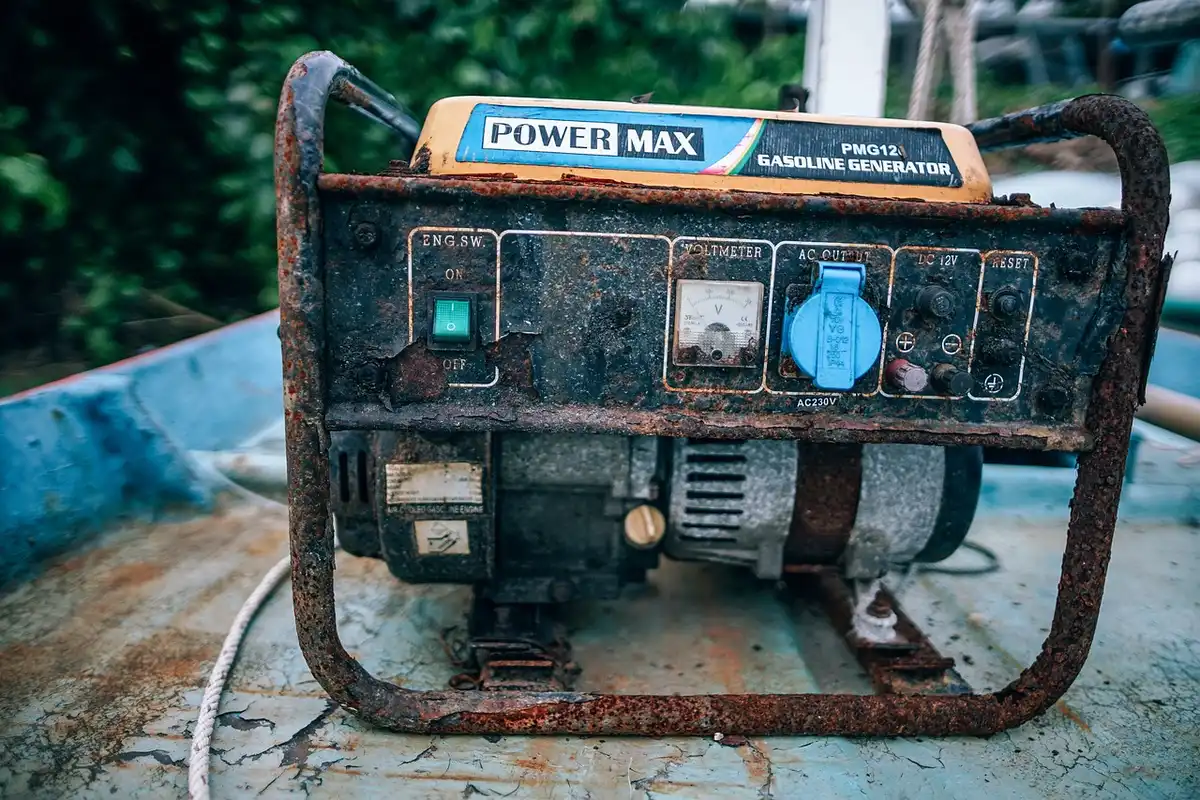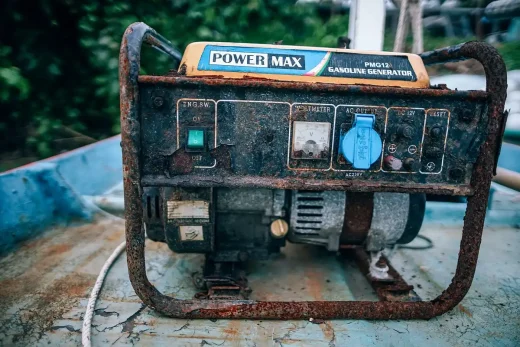Trusted Which Generator Is Right for You in an Emergency Advice, Real Estate Tips, Property Guide
Which Generator Is Right for You in an Emergency
18 Nov 2019
Which Generator Is Right for You in an Emergency Advice
An emergency generator can be a lifesaver in the case of an accident or a storm. Having something this vital ready and on standby is one of the best long term investments you can make. As such, it’s best to look for the right generator for you.
There are big and expensive generators as well as smaller and cheaper ones. But, depending on how you plan to use it, the generator that’s right for you may not be right for someone else.
Imagine you’re snowed-in in your home or there’s a hurricane outside, and the power goes out. You can’t say for sure how long it’ll take before the power comes back nor can you go outside and fix the situation yourself.
In such a scenario, having an emergency generator will save you from being caught off guard. Having elderly occupants or someone who is dependent on electricity should be a major reason you decide to get an emergency generator.
Here in this article, we’ve set out a guide for selecting the emergency generator that will be best for you.
After you’ve decided, come back here and get a good generator by following this link:
Permanent or Portable
Emergency generators come in two forms. Some are permanent, while others are portable.
As the name would imply, portable generators can be moved around, are much smaller in size and consume less fuel. As enticing as the last feature might sound, if you’re living in a medium to large household, having a portable generator won’t solve all of your problems, for more visit generatorswift.
These are best for small cabins, workshops, construction sites, or sheds located on the outskirts of a property. You can use them for a household if you tally up your needs and find that one or maybe two portable generators will do it for you.
Permanent emergency generators are larger, can’t be moved around, and consume much more fuel. These are great for powering up a whole household. They can power multiple rooms, each with their own amenities.
They are an overkill if you plan on using them at smaller locations, as you won’t be needing that much power. You are better off investing that extra money in other power outage essentials.
When it comes to repairs, portable generators can be taken to a workshop in a vehicle. You won’t be needing more than two people to lift it onto the back of your truck.
Permanent generators can’t be moved, and require technicians to come to you to repair it.
Fuel Source
Permanent generators run on natural gas or liquid propane. This allows them to kick in seconds after the power goes out and create enough power for your whole house.
There is a transfer switch that monitors the main power coming in. When it seems that the power has cut off, it switches over from the utility line to the generator.
Portable generators run on gasoline. As this creates fumes, they’re not to be used indoors. Doing so will create the danger of a carbon monoxide build-up. Make sure that you install a carbon monoxide detector in your house, even if you don’t have a portable generator.
Refueling the portable generator can be done easily yourself by taking some major precautions. Refueling should never be done while the machine is running, or is still hot from prolonged use.
Doing the above may result in the fuel touching the outside of the machine which can cause a fire, quickly followed by an explosion.
In the case of a power outage, portable generators usually have to be turned on manually.
Installation
For permanent generators, you need an electrician to install it. Your local electricity supplier also needs to be notified that you have one such generator installed.
Portable generators can be brought and installed by yourself if you know what you’re doing. When in doubt, always seek out an electrician or ask the people you bought it from if they also do installations. Most of the time, the answer will be yes.
Electrical Safety
Never connect a generator directly to your home wiring. An effect called a “back feed” may occur that will damage the local power line, along with possibly injuring your neighbors or any electricians working nearby.
If you’re not completely sure of what you’re doing, it cannot be stressed enough that you should seek professional help.
A manual transfer switch can be installed that will guarantee that the generator is connected to the electrical panel of your house in a safe way.
When the power does finally come back, this transfer switch will need to be turned off. Unless this is done, the main electricity won’t reach the circuits that are isolated by the generator.
Things to Check Before Making a Purchase
Hopefully, the above points have helped you decide which generator is right for you. Before you make the purchase, there are some final things to decide on.
Which of the electrical items in your house are vital in a power outage? Suppose you live in a very hot and humid environment, your fridge needs to be connected to a generator.
If your home water supply relies on a pump, in the case of the power going out, you won’t have any water or be able to flush your toilets.
One good way to determine how much power you need is to add up all the watts required by these vital machines. When doing so, you need to consider both the starting and running wattage needed.
The manuals, the label information behind a machine, or online guides from the manufacturer’s website can be used to work this out. If in any doubt, as we’ve said before, an electrician can help you with this task.
An emergency generator is a vital component in this day and age where we are so reliant on electricity. We hope the above has helped you decide which type of generator is right for you.
Comments on this guide to Which Generator Is Right for You in an Emergency advice article are welcome.
Architecture
Charlotte Square Edinburgh New Town Square

image courtesy of article provider
Comments / photos for the Which Generator Is Right for You in an Emergency Tips page welcome





